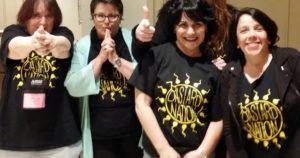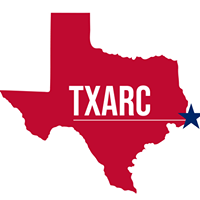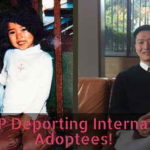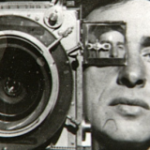Letters to the Editor
March 1, 1999
As your editorial “Fight over adoption secrecy” (Feb. 22) points out, there are many sides to the debate over adult adoptees’ birth records.
Unfortunately, Time magazine and your editorial chose to highlight dramatically just one of those sides: the rights of a raped birth mother.
There are equally dramatic and more prevalent situations on the other side of the equation.
The most compelling argument in this debate is the human right of adult adoptees to have access to vital information about themselves and their background — including medical heritage and ethnicity — no matter the circumstances of their birth.
This basic information is of public record for every other citizen.
With no help from the current law or system, I discovered that every female over the age of 35 on both sides of my birth family either suffered or died from breast cancer, a genetically predisposed disease.
This is information that is vital to myself and our daughter, due to be born in two weeks.
Yet some will continue to argue that my birth mother’s privacy is more important. As a 38-year-old concerned about my family’s well-being, I beg to differ.
Deb Schwarz
San Francisco
Your opinion on Oregon’s adoptee rights initiative (Measure 58) presents a perfect example of why, as an adoptive father, I am so strongly in favor of doing away with government-sanctioned secrecy and shame in adoption.
The writer falls into the same attitude trap I find so infuriating as an adoptive parent, unthinkingly viewing adoption in formulaic terms that stigmatize participants, especially the adoptees. You raise the specter of the “angry, perhaps dangerous child” from whom it seems natural to provide special state “protection” for birth parents.
Treating my adopted daughter like a perpetual child even after she becomes an adult by keeping lifelong secrets from her — by teaching her a lesson of shame and mistrust about herself simply because she is adopted — is an insult not only to her but to her adoptive family as well.
Prejudicial attitudes toward adoptees by society are bad enough, but injury is added when such attitudes are encoded so that the lessons in shame and mistrust are state policy. Then government-enforced intervention in the lives of adults becomes discrimination against adoptees and their adoptive families.
Kevin McCarty
Cupertino
Opening records for adults who were adopted in “closed” proceedings when they were children does not reveal the fault lines of heartbreak, as you so contend. Rather, it reveals the fault lines of deception and lies.
To deny people the right to know their very own history is as incomprehensible as it is demeaning. I am a 31-year-old male who was adopted at birth in a closed (secret) adoption in Sacramento County. Today I am a trusted public safety official with a city in Northern California.
Denying me access to my own personal records serves no purpose other than to continue the outrageous charade that contends I am not capable of responsibly handling the details of my conception and birth.
I wholeheartedly support the Oregon ballot initiative.
As to your contention that opening secret records could have a devastating effect on some who were conceived out of acts of rape or incest, that argument is one of the oldest and misused out there.
The vast majority of closed adoptions had nothing to do with rape or incest. The vast majority of them took place during a time when it was shameful for a young woman to be single and pregnant.
Continuing to deny adult adoptees the most basic information about their origins is an outdated practice that desperately needs to be amended.
Oregon voters showed they understand that fact. Hopefully, California voters will be given the chance soon to make the much-needed change.
Rob Nichols
Redding
Your editorial adds nothing new or useful to the current debate over adoptees vs. birth parents’ right to privacy. I can’t decide which is more offensive: your portrayal of birth mothers as either victims of violent crime or “bad” girls [in the view of a past era], or your portrayal of searching adoptees as impatient, inconsiderate, angry children.
At 31 years old I consider myself an adult adoptee who would like to have at least as much information about my ancestry as my Labrador retriever has about hers.
Sarah Wright
San Anselmo


 New York Adoptee Rights Coalition
New York Adoptee Rights Coalition











